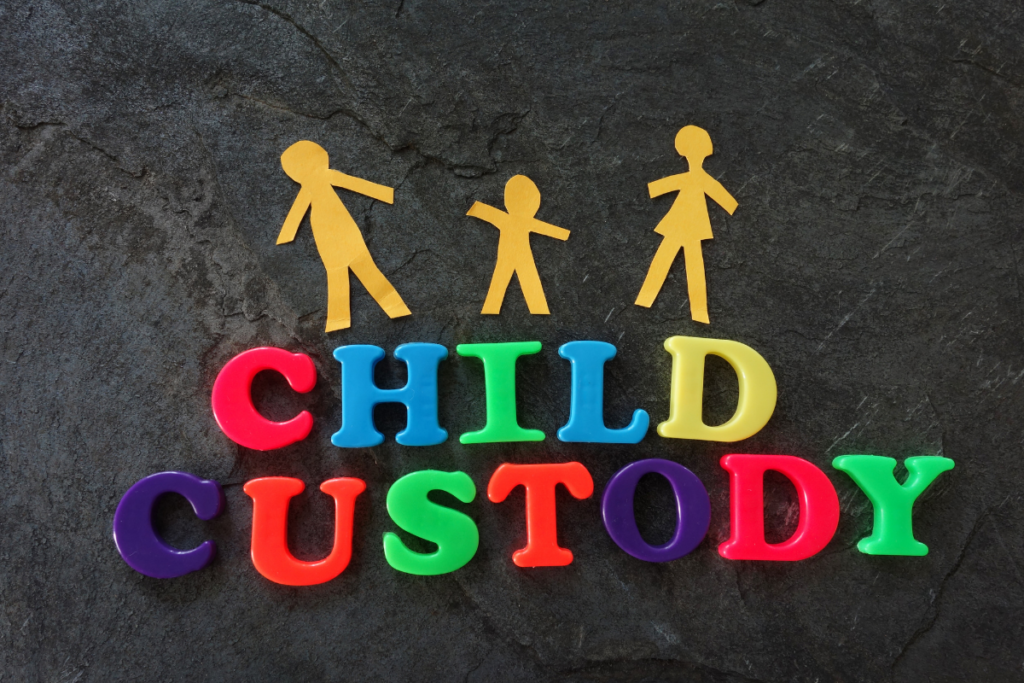
Custody and Visitation in Georgia
If you are preparing for a Divorce or Separation and you have children with your soon-to-be ex-spouse, you may have questions about Child Custody and Visitation related to Georgia Law. We have gathered these common questions regarding Child Custody and Visitation and their answers below.
What is Reasonable Visitation?
Reasonable visitation is simply a term that means exactly what it says- reasonable visitation under the circumstances. Suppose the Judge believes that you and your soon-to-be ex-spouse may be able to co-parent reasonably. He or she may award reasonable visitation to the non-custodial parent. This ruling means the parents must determine together how to share custody and when. Keep in mind that this will generally mean that the custodial parent has more power and influence over-visitation than the non-custodial parent may prefer. Suppose you are aware that you and your soon-to-be ex-spouse cannot co-parent or come up with reasonable visitation. In that case, you should say so and not agree to undefined terms. You may modify Child Custody and Visitation orders by petitioning the courts. Ideally, the judge and parents would set the best terms in place from the beginning.

What is a Fixed Visitation Schedule?
Fixed visitation is the alternative to reasonable visitation. The Judge orders the times and sometimes even places where the non-custodial parent has visitation rights. This is more common when there is a conflict between the parents, but it has many other advantages. It limits debates about visitation on the part of the parents and gives stability to children who are facing an uncertain time in their lives.
My Soon To Be Ex Is Abusive. What Can I Do To Prevent Custody and Visitation?
If you or your children experienced physical or emotional abuse before the marriage dissolving, you must point this out to your Local Attorney before your court hearing. The Judge will decide parental visitation rights based on the information presented by your Lawyer at the time of the hearing. The courts may likely order supervised visits with the accused spouse. Supervised visits mean another person monitors visits between the children and the accused parent. The parents either pick the supervising individual or the court appoints them. Georgia law set Child Custody and Visitation Laws in place for the protection and welfare of the children.
Do our Children’s Grandparents Have Visitation Rights?
The State of Georgia is one of many states that recognizes grandparents’ rights in visitation and other custodial matters. Custody and visitation rights are set out in Georiga statute O.C.G.A § 19-7-3. A court will consider several elements when deciding whether to grant or deny a grandparent’s request for grandparents’ rights. Is the child’s health or welfare harmed if the request for visitation is denied? Is visitation is in the children’s best interest? It’s important to note that visitation is not the same as custody.
What Happens If a Non-Custodial Parent Fails to Exercise Their Time?
Some custodial parents may seek to modify the visitation order based on the non-custodial parent’s failure to exercise defined parenting time. The visitation may be decreased in accordance with the non-custodial parent’s failure to seek parenting time. The courts must be partitioned to modify visitation. We always recommend having an experienced Attorney by your side.

Find the Right Attorney for Custody and Visitation
If you are looking for an Attorney and live in Marietta and adjacent areas, consider Attorney Sean R. Whitworth to help guide you through your Family Law issues. Attorney Whitworth offers free consultations and charges flat fees for all Family Law Matters, including Child Custody and Visitation. Request your complimentary consultation.
